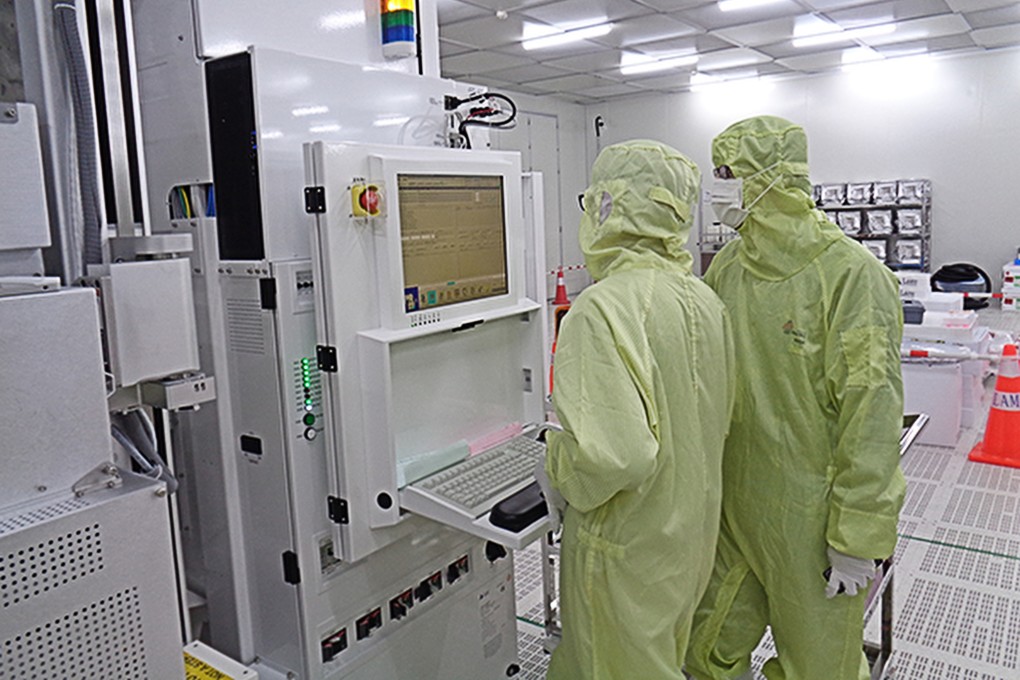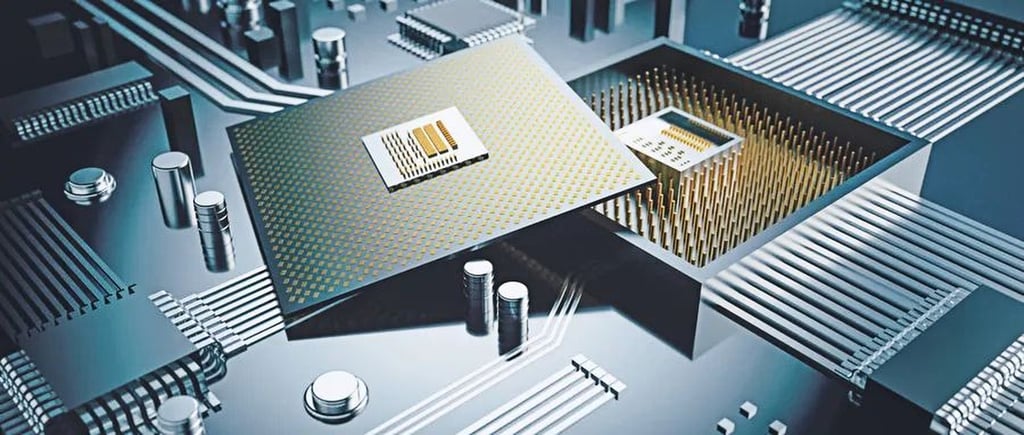Advertisement
TikTok owner ByteDance acquires stake in memory chip firm InnoStar to bolster VR unit Pico as it takes on Apple’s Vision Pro
- Picoheart, a Singapore -based affiliate of ByteDance, invested an undisclosed amount to acquire a 9.5 per cent stake in InnoStar
- That marked the latest semiconductor-related investment by ByteDance after deals with Silicon Integrated and Moore Threads Intelligent Technology
Reading Time:2 minutes
Why you can trust SCMP
1

Coco Fengin Beijing
Social media giant ByteDance, owner of popular short video apps TikTok and Douyin, has bought a stake in memory chip developer InnoStar Semiconductor to bolster production at virtual reality (VR) unit Pico, in a move to overcome US tech restrictions and take on Apple’s mixed-reality Vision Pro headset.
Picoheart, a Singapore-based affiliate of ByteDance, earlier this month invested an undisclosed amount to acquire a 9.5 per cent shareholding in state-backed InnoStar, which is headquartered in Shanghai, according to data from company registry information provider Qichacha.
That investment was made “in hopes of utilising the memory chips produced by InnoStar in Pico’s VR headsets”, a representative of Beijing-based ByteDance said on Thursday.
The deal has made ByteDance the third-largest shareholder of InnoStar, behind the 28.8 per cent stake of Hong Kong-incorporated Memris Asia Pacific and 26.3 per cent interest of Shanghai Alliance Investment, owned by the Shanghai municipal government, according to company records.

Founded in 2019, InnoStar is a domestic leader in the development and production of resistive random access memory (ReRAM) chips, which provide lower power consumption and faster storage retention capability. The company was first in the country to produce ReRAM chips using 28-nanometre process technology.
Advertisement